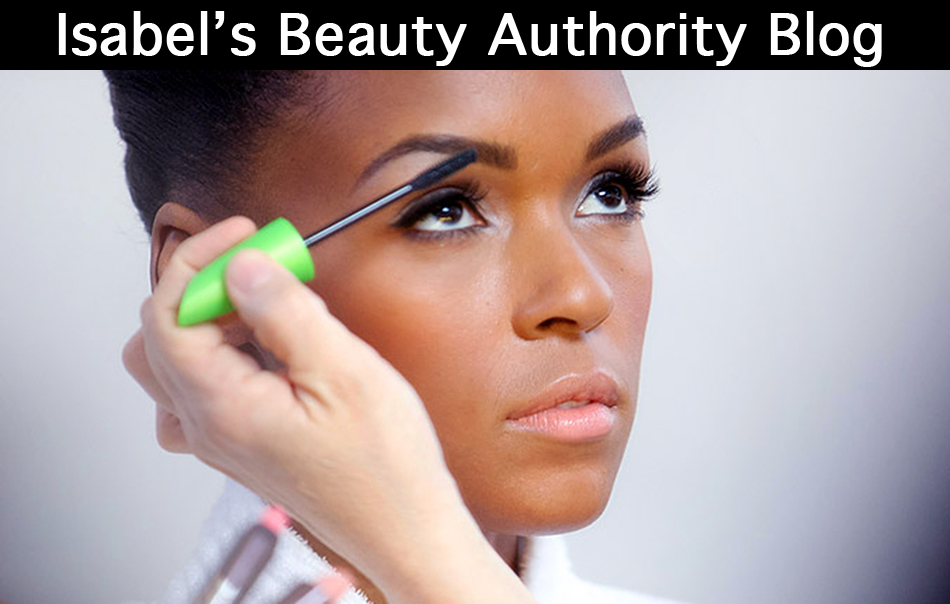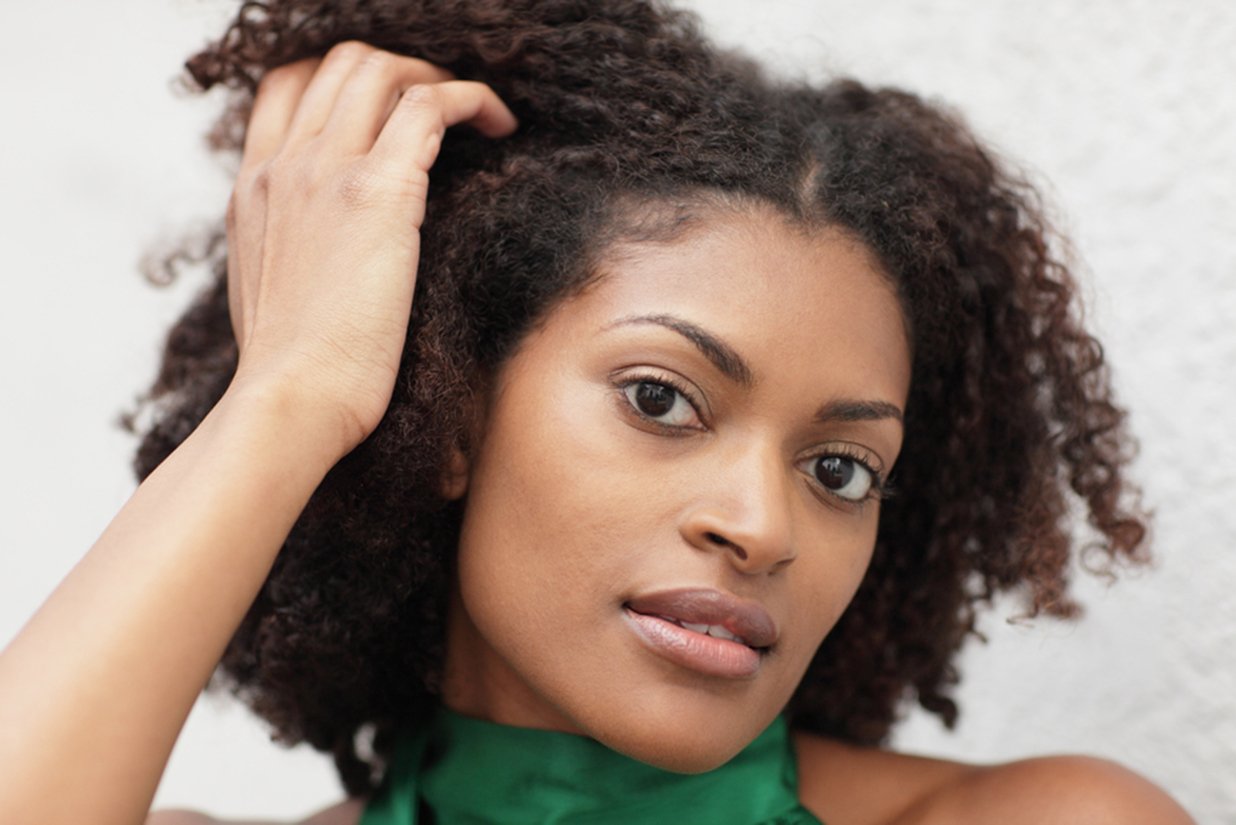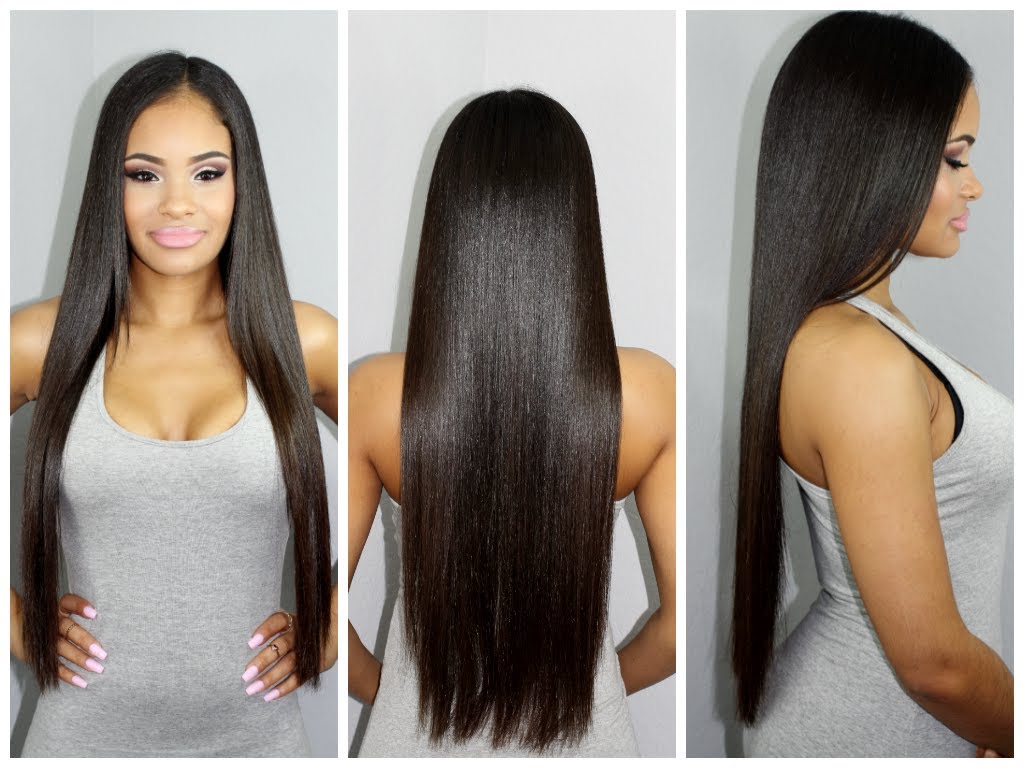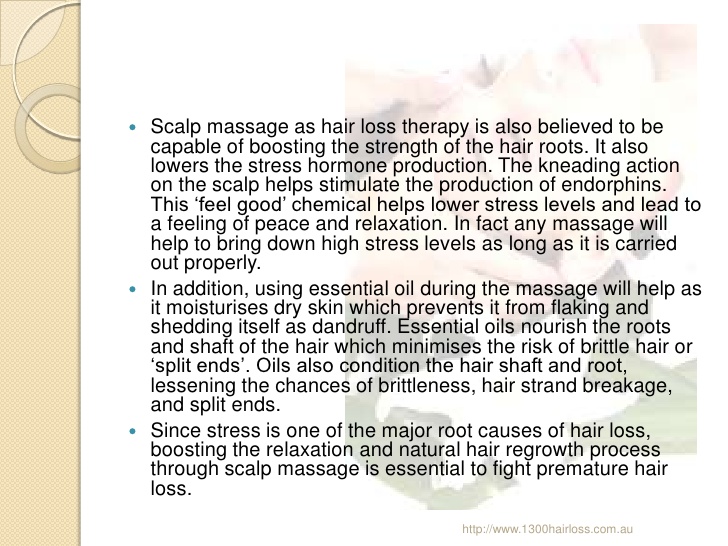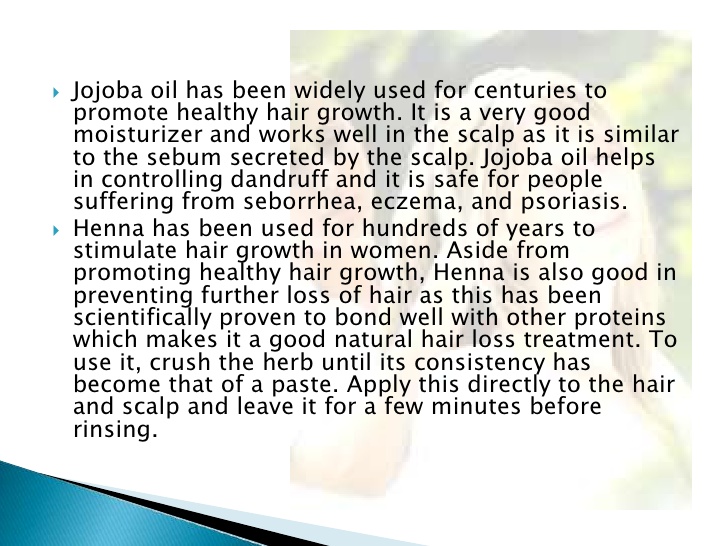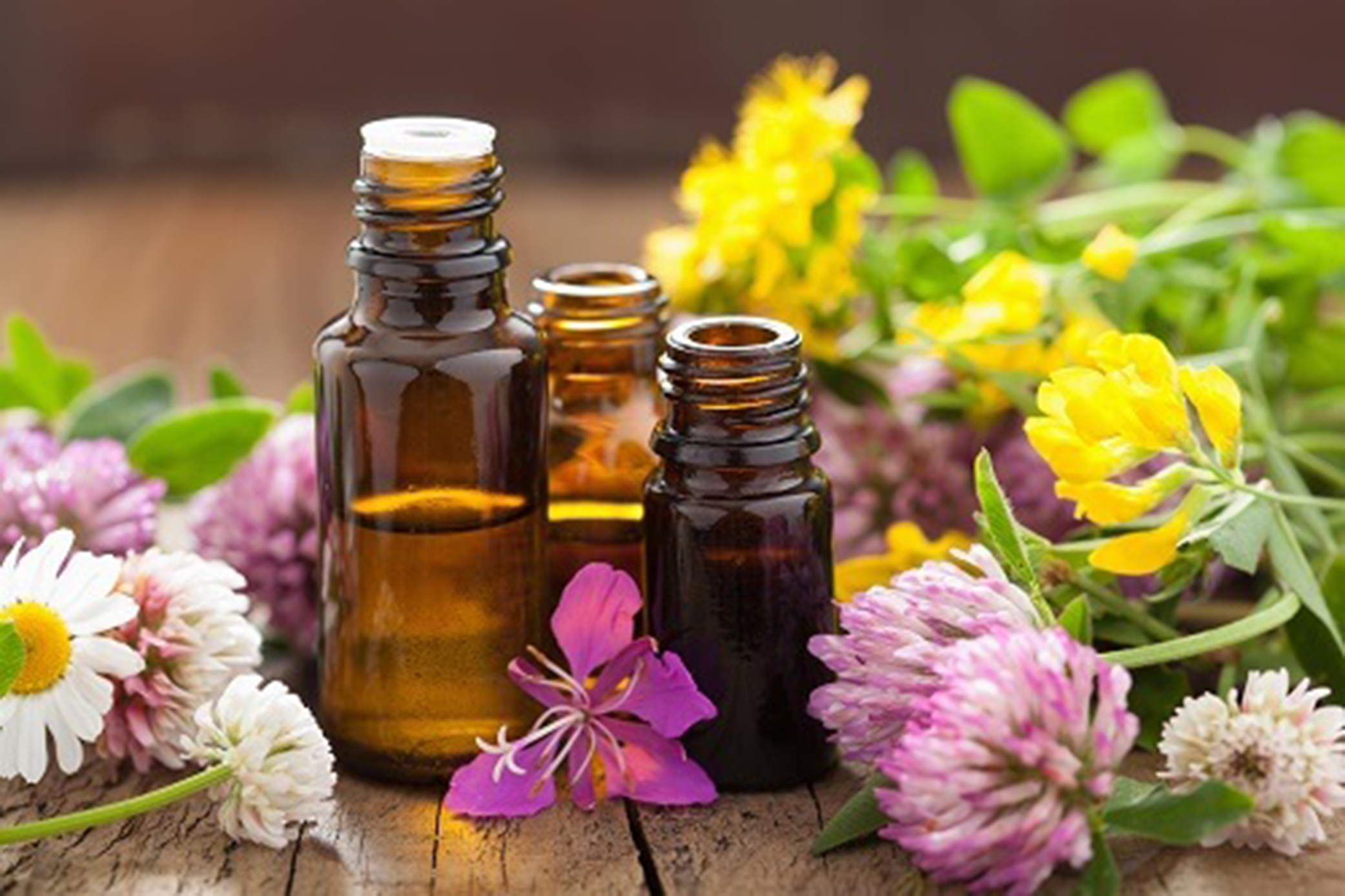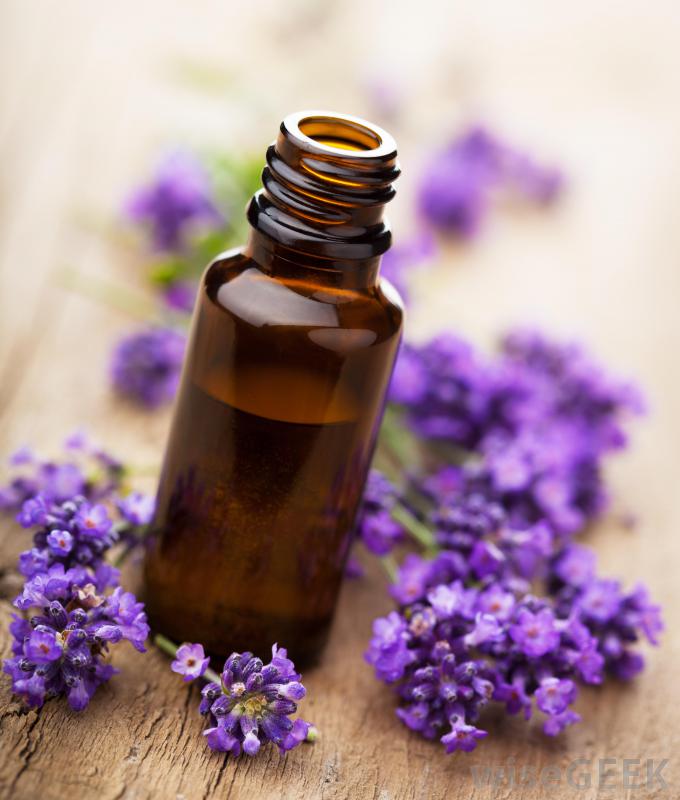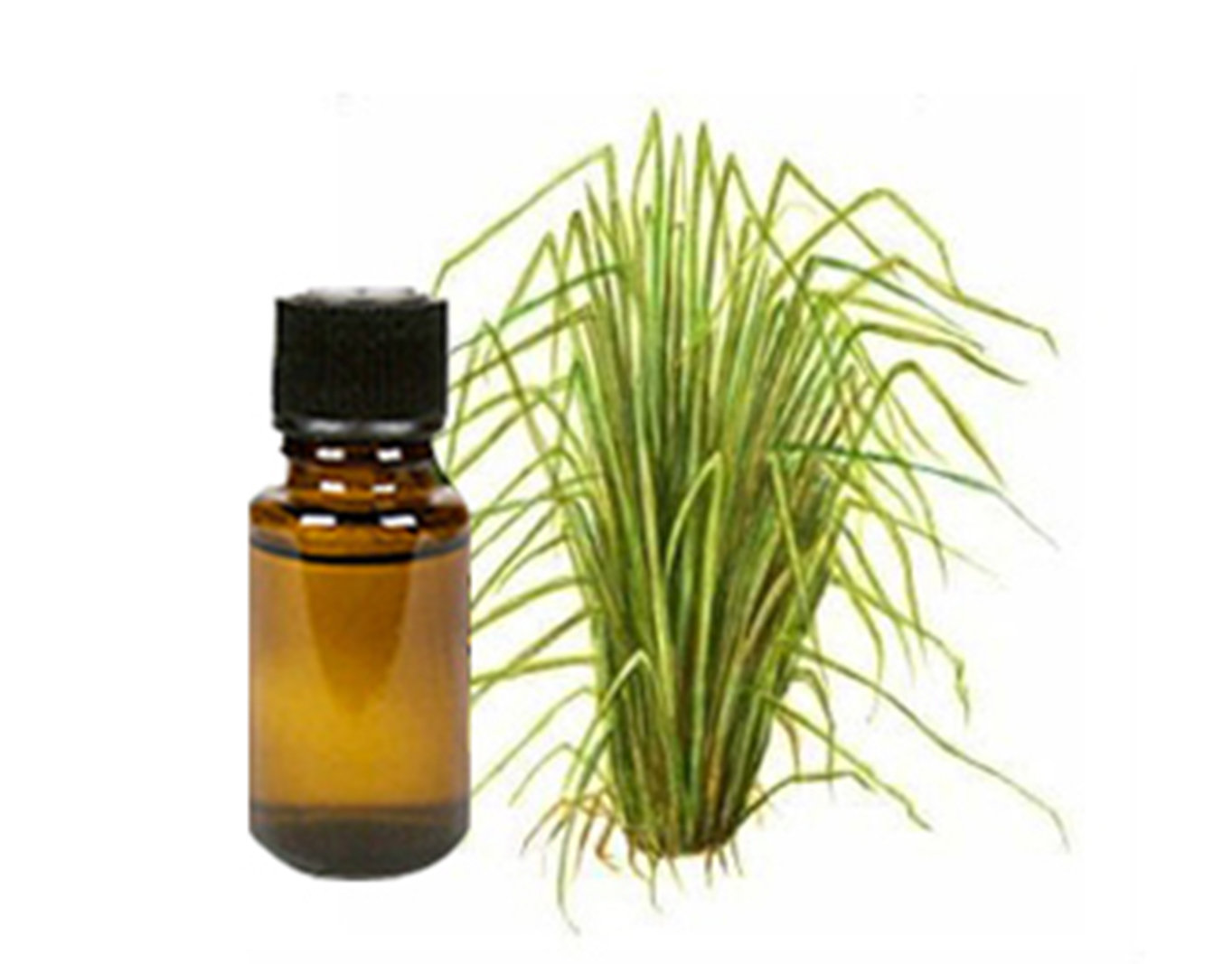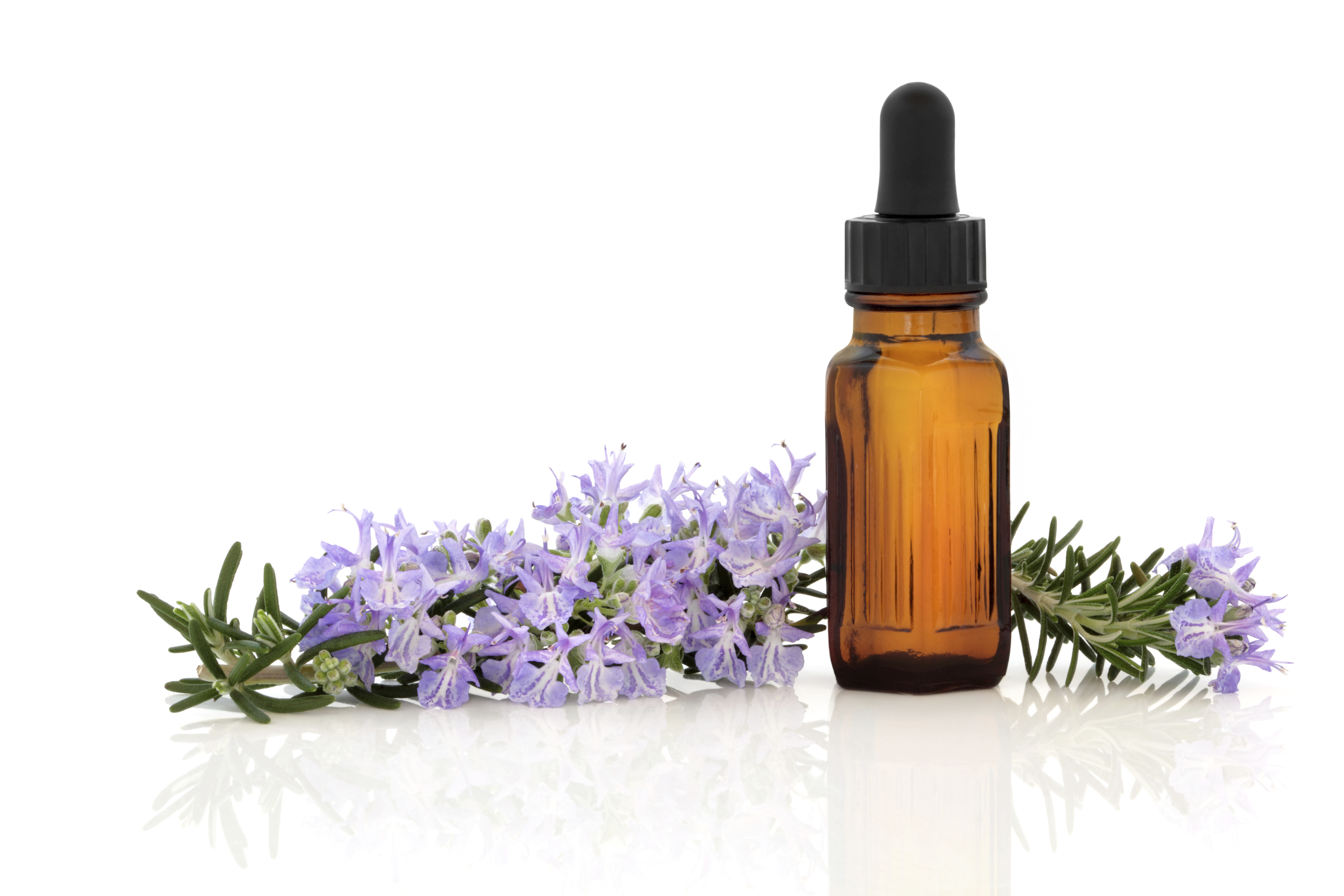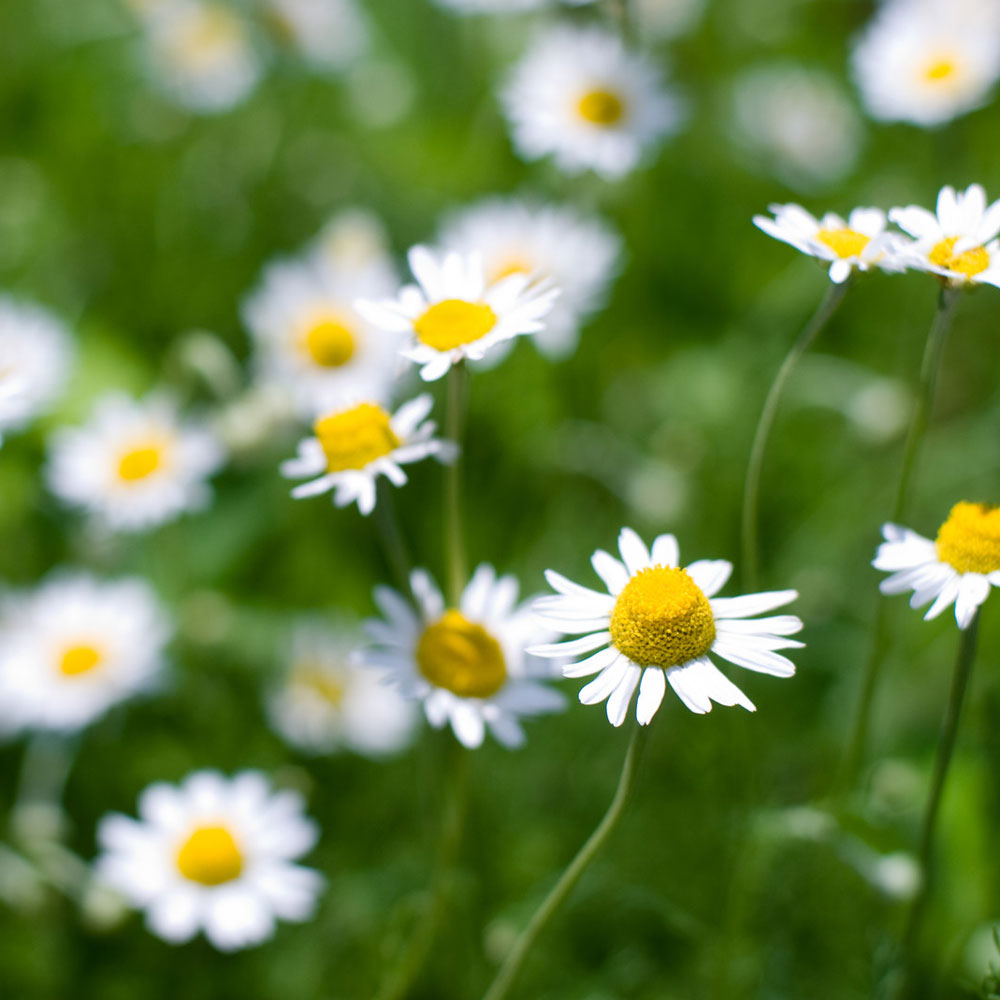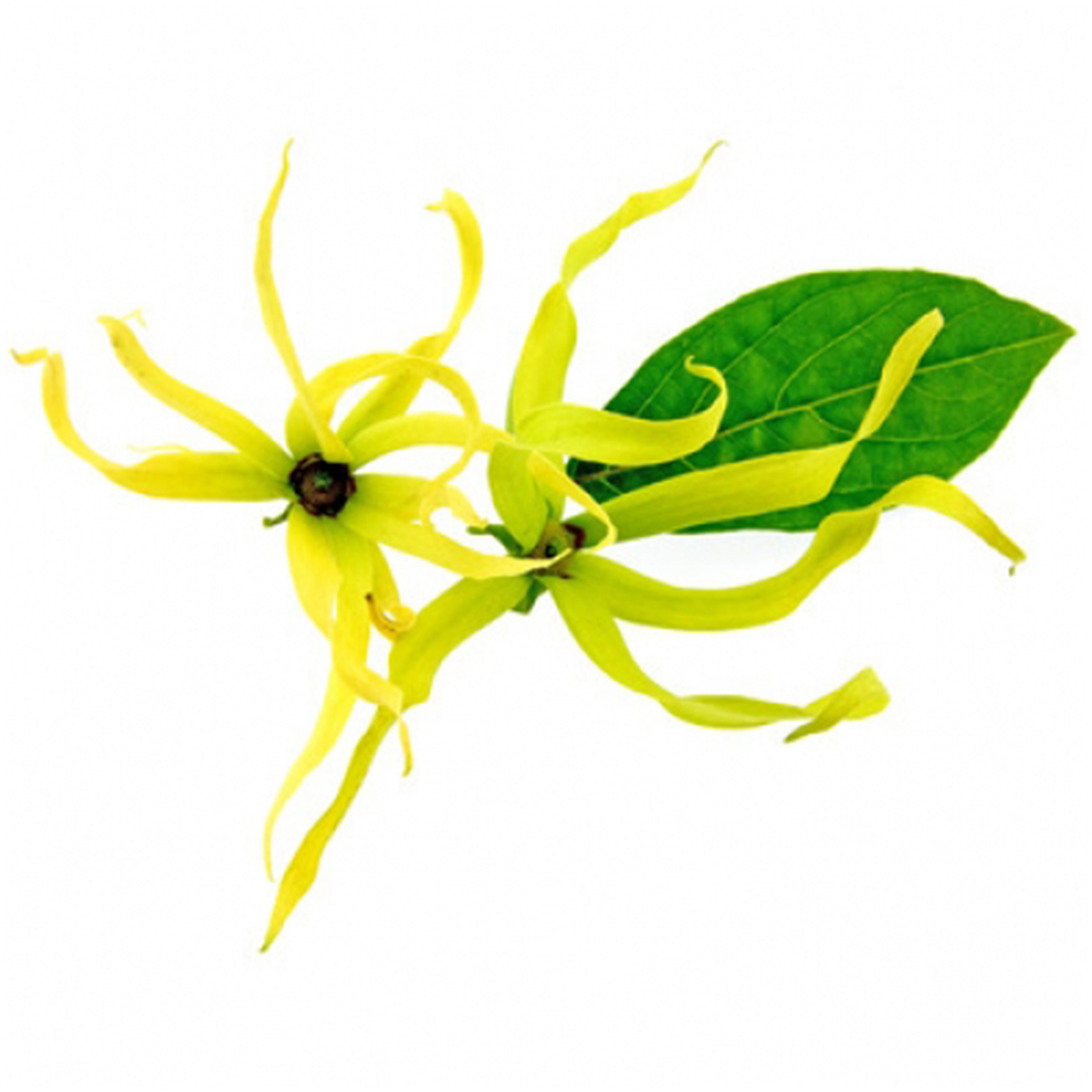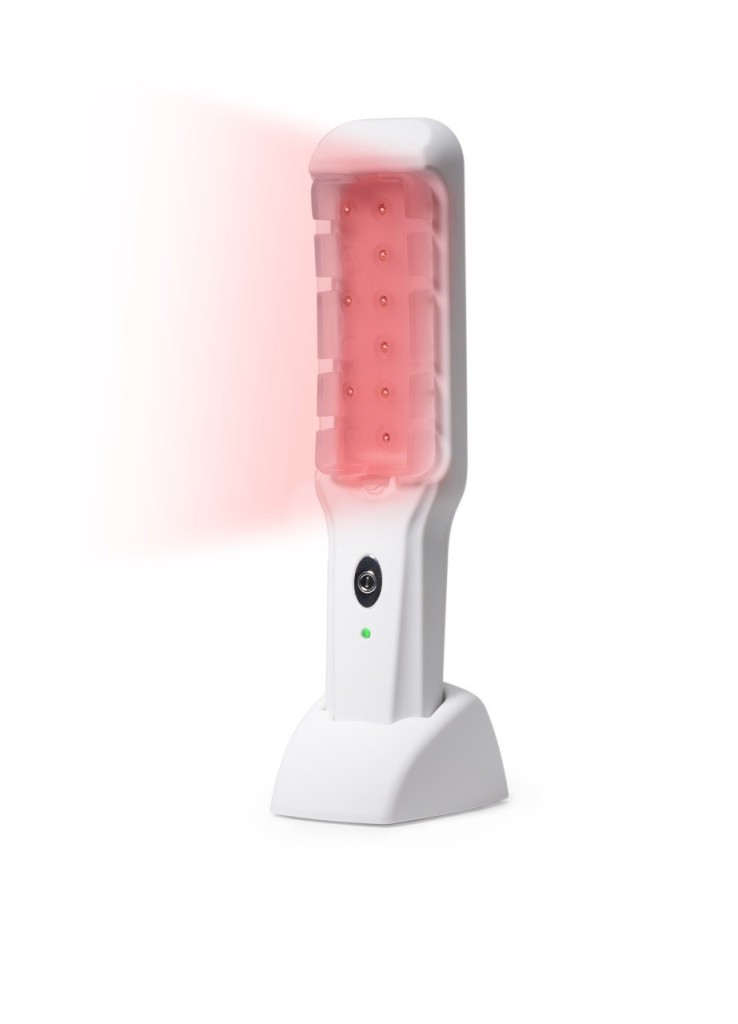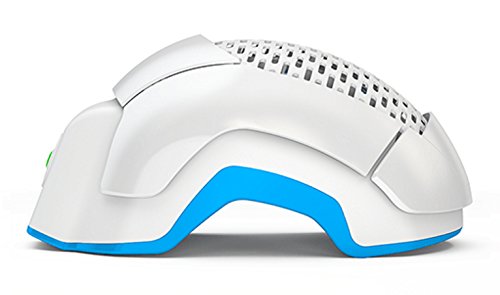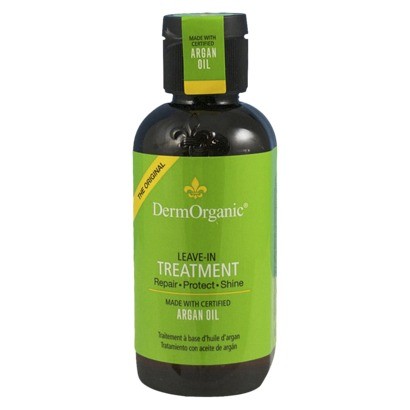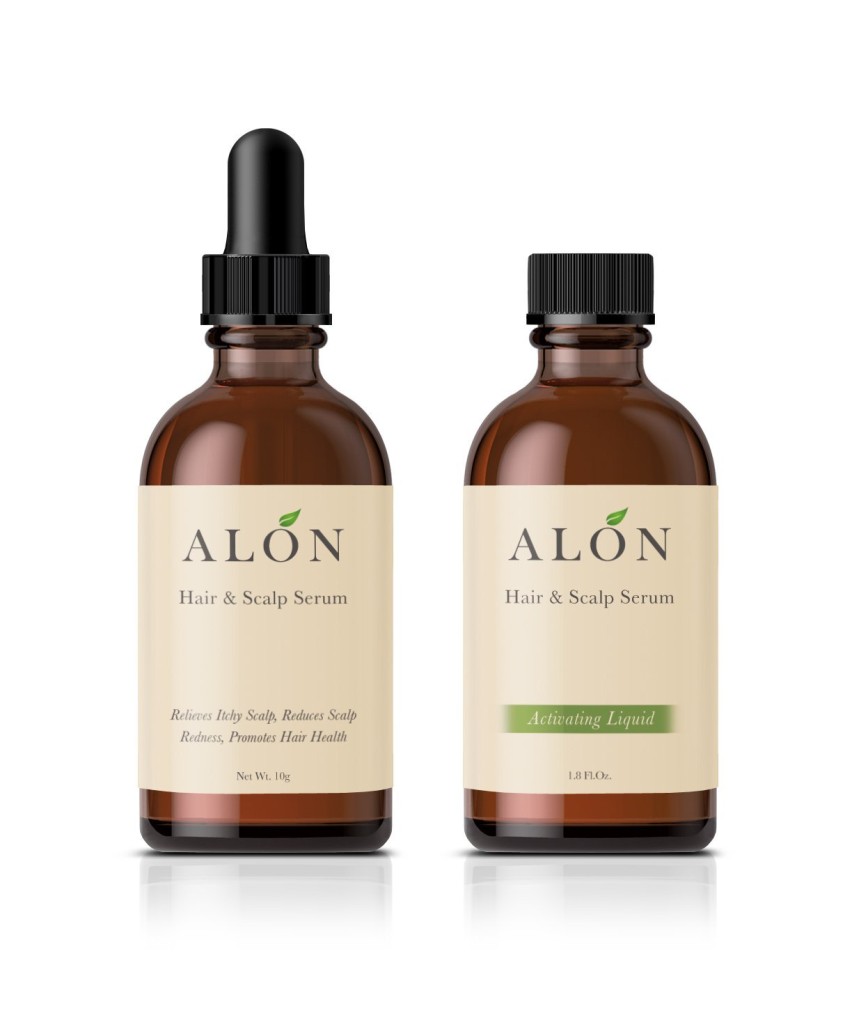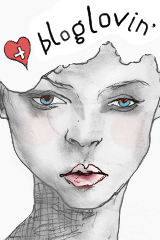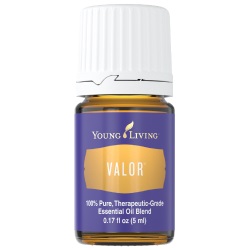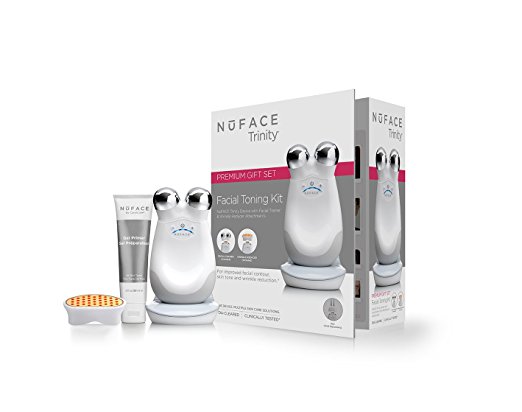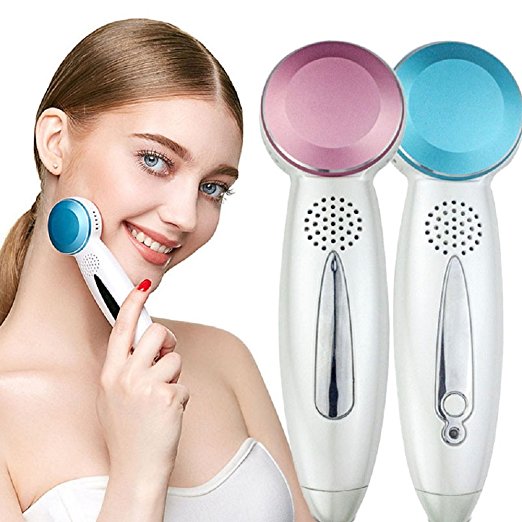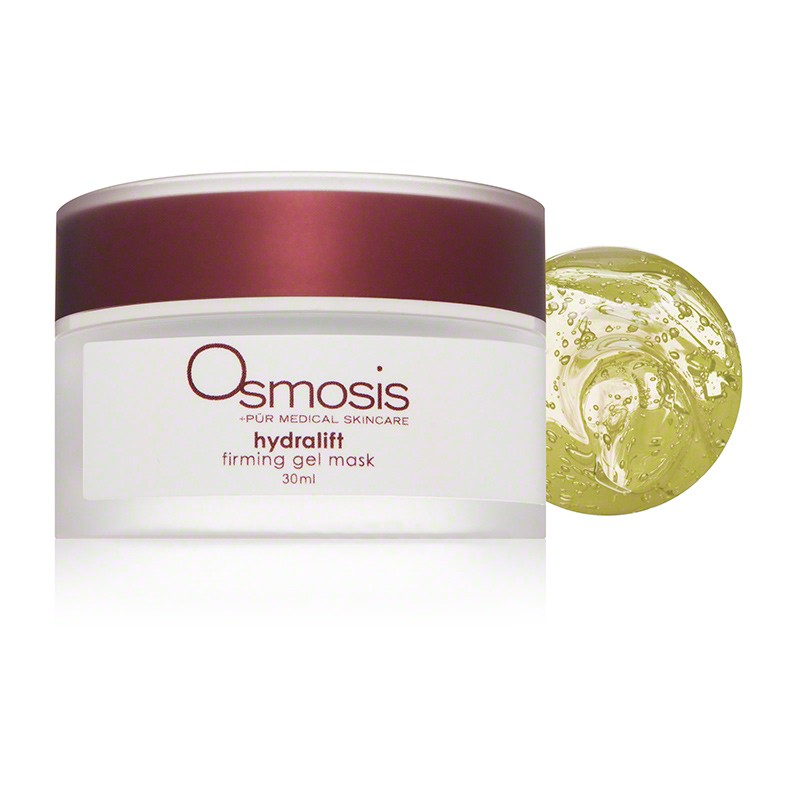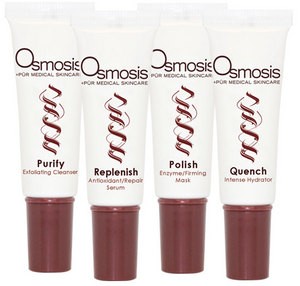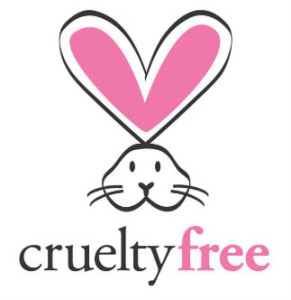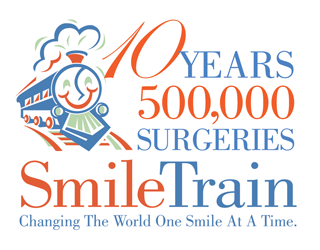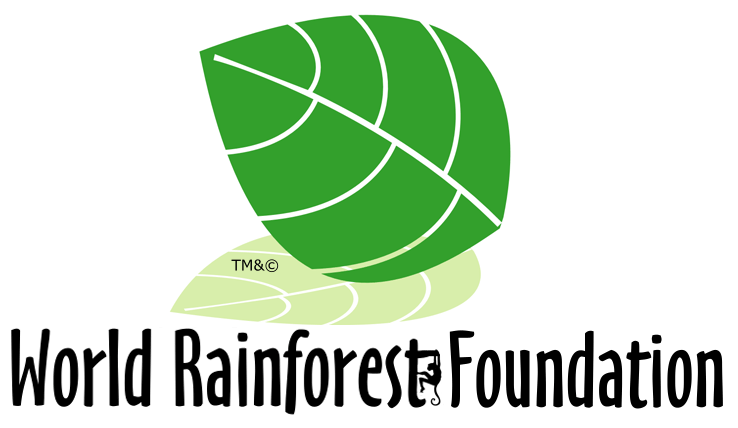Biotin for Hair Growth
Welcome to our blog thank you for your visits, like and share so many of you have been with us for so many years we very grateful for it, thank you from all of us.
On week 347 we are sharing some suggestions on how to help your hair and we are doing other research to share. We receive many questions and requests to share our findings and here we go
from: http://www.med-health.net/Biotin-Hair-Loss.html
Biotin, also referred to as vitamin H, is a type of B complex vitamin that occurs naturally in a variety of common foods. The optimum amount of biotin aids in the metabolization of fatty acids and amino acids. Research also suggests its role in the stabilization of blood sugar levels. Biotin also promotes hair health and this idea has its roots in science. Biotin deficiency is characterized by symptoms of unexplained hair breakage and hair loss along with cracked and brittle nails. Hence, there is a common belief that taking extra biotin will result in healthier hair.
How Does Biotin Work for Hair Growth?
Hair growth and biotin are related closely. Biotin not only promotes healthy hair growth but also prevents hair dryness. Moreover, biotin also increases the elasticity of the cortex of the hair, thereby, preventing and minimizing hair breakage. Therefore, biotin helps induce the growth of both hair and new skin cells and making them healthy. For people who are suffering from hair loss, taking extra biotin may aid their hair to grow longer, healthier and thicker.
Should You Take Biotin for Hair Growth?
Deficiency of biotin is not commonly encountered, it can definitely develop in individuals who intake alcohol in excessive amounts or who eat large quantities of raw egg white the second is not something that happens on an average don’t you agree?. Biotin needs are also increased in conditions such as infant seborrheic dermatitis and genetic disorders or in people whose stomach has been surgically removed.
You should always consult your doctor in case you develop any symptoms that indicate biotin deficiency which can produce the following symptoms: hair thinning, red scaly rash specifically around nose, eyes, and mouth, tiredness, tingling in arms and legs, depression and hallucinations as symptoms.
Where Can You Get Biotin for Hair Growth?
Biotin is naturally present in many foods such as halibut, eggs and dairy, products, carrots, Swiss chard, liver and kidney, nuts, some soy, vegetables, fruits, beans, and mushrooms, to mention a few.
Ideally, you should obtain your daily requirement of biotin from the diet versus man-made supplements that you may not be able to absorb ideally. However, due to poor dietary patterns, deficiencies of various vitamins and minerals may occur these days. If you like you can take a biotin supplement to fulfill your requirements.
Moreover, all individuals are not able to absorb the biotin found in food. These include people who have an A blood type and who suffer from symptoms of GERD or severe acid reflux. Such individuals may want to consider taking biotin supplements to fulfill their dietary requirements.
How Much Biotin to Take for Hair Growth?
The daily requirement of biotin for the majority of the adults is 30 micrograms to maintain healthy hair, nails, and skin. However, when you are taking biotin to increase the growth of hair, then the dose is much higher. It is usually recommended by physicians to take between 500-700 micrograms per day initially. The amount can increase to 1000 micrograms. Results are seen after taking biotin supplements consistently for 3-6 months.
Other Essential Vitamins for Healthy Hair Growth
from http://bembu.com/hair-growth-vitamins
Getting the right vitamins for hair growth is important for the overall health of your hair. Running a deficiency in any of the following vitamins and minerals creates the potential for less than optimal hair growth. Here is our list of the top 11 vitamins you need to keep your hair looking its best and growing just as fast as it possibly can.
Vitamin C
Most of us are aware of how important Vitamin C is for the immune system, and as an antioxidant in the body. But it is also used in plenty of hair care products for a good reason. It is one of the most important vitamins you can use to get the results you seek. You can use products that are infused with it, and also make sure that you’re getting enough Vitamin C of it each day so your hair looks its best. Whole foods work best but you can also take a supplement if you feel like you are not maintaining the right levels.
One of vitamin C’s major functions is to help produce and maintain healthy collagen, the connective tissue type found within hair follicles. Vitamin C is also a strong antioxidant and protects both the cells found within follicles and cells in nearby blood vessels. A daily dose of 100-200 mg of vitamin C is recommended for hair and skincare. Vitamin C with bioflavonoids – one to two grams daily
Vitamin C helps reduce the damage caused by free radicals and UV exposure. Over time, free radicals can damage collagen and elastin, the fibers that support skin structure.
B Vitamins
The B Vitamins are typically grouped together because there’s so many of them and you’ll want to be sure to cover them all. You can eat foods that are rich in these vitamins, take a B Vitamin complex, or buy shampoos and conditioners that contain them. Signs of not getting enough of the B Vitamins include feeling weak or tired, and easy bruising, and you’ll also notice it because your hair won’t grow as fast as it used to. Vitamin B12 is the most important of the B Vitamins, but for best results try to include them all in your daily plan.
B5 (pantothenic acid) gives hair flexibility, strength, and shine and helps prevent hair loss and greying.
Vitamin B6 helps prevent dandruff and can be found in cereals, egg yolk, and liver.
Vitamin B12 helps prevent the loss of hair and can be found in fish, eggs, chicken, and milk.
It is also important to include B6, biotin, inositol and folic acid in the supplemental program. It has been found that certain minerals including magnesium, sulfur, silica, and zinc are also very important toward maintaining healthy hair.
Vitamins B1, B2, Niacin & Pantothenic acid
Reduced levels of thiamin (vitamin B1), riboflavin (vitamin B2), niacin, and pantothenic acid can contribute to the undernourishment of hair-follicle cells. A dosage range of 25-50 mg daily is recommended.
Vitamin E
Vitamin E is one of the most overlooked vitamins but it is essential in keeping your hair growing healthy. You can get enough Vitamin E by eating foods that are full of it, or by taking a whole food multivitamin that contains it. If you’ve been running low on it, you should see an improvement in how your hair looks, feels, and grows. Vitamin E, when combined with the other vitamins on this list provides a healthy scalp that encourages rather than discourages hair growth. You can also find this in many hair care items, but if you haven’t seen any results through those, trying taking the strategy of getting enough on the inside.
Vitamin A
Vitamin A is a powerful antioxidant in the body and has many health properties that make it a vitamin worth keeping a mindful eye on. You can go to the doctor and have all of your vitamin levels checked to see where you rank and see which ones you need more of. It is possible to get too much Vitamin A which is going to be counterproductive to your hair growth efforts, so it’s best to each foods containing Vitamin A rather than taking supplements with larger-than-needed amounts. Some symptoms of not getting enough Vitamin A include vision problems and skin problems.
Vitamin D
Vitamin D promotes healthy follicle growth so you don’t want to run a shortage on it. In order to top up on it you’ll want to schedule regular and brief outings outdoors so you can get some exposure to the sun. You don’t need much in order to keep your body synthesizing its own Vitamin D, but hermitting yourself indoors during the winter months can lead to a deficiency. There are also Vitamin D supplements and hair products that contain it, but they don’t compare to having your body generate its own supply.
Iron
While not a vitamin, Iron is an important mineral that your body needs adequate supplies of in order to function at its best in several areas, including growing hair. You may realize that beef is rich in iron, but there are plenty of other foods that are high in iron that you can eat without having to rely on red meat. Once you’re making sure that you’re getting enough iron and the other vitamins and minerals, you can seek out hair products that contain iron in order to see greater improvement.
Magnesium
Another mineral that your body needs is Magnesium. It’s best to look at your hair as a cumulative problem that involves your entire lifestyle, from the foods you eat to how much sleep you’re getting. Eating a diet rich in foods with Magnesium in them is one way to make sure that you’re giving your scalp what it needs to grow strong and healthy hair. It’s one of those minerals that you won’t really notice you’re not getting enough of until it becomes a chronic condition, and then you’ll benefit greatly from righting the imbalance.
Protein
Protein may not be a vitamin, but if you want stronger hair that grows thick you’ll want to make sure that you’re consuming enough protein, or using protein treatments to help your hair. You’ll see products out there that are focused primarily on protein, but you’ll also benefit by eating enough of it in your diet. Vegans and vegetarians need not fret, there are plenty of plant-based sources of protein, like quinoa, spinach, broccoli, and more. Protein helps the hair grow strong, and also helps the speed at which it grows. If you’ve noticed sluggish growth, first check your protein intake.
Niacin
Niacin is in the B Vitamin family but deserves its own recognition for its role in helping to nourish the scalp, promoting healthy hair growth. Without adequate amounts of niacin, your hair stands the chance of becoming brittle, lifeless, and may even fall out. Not getting enough Niacin is a real condition, and the scientific name is pellagra. Most times it doesn’t become this serious, but correcting a Niacin shortage often yields several results. Be sure not to stop there, as you’ll want to make sure that you’re getting enough of each of the items on this page for your best hair possible.
Zinc
They say to cover your vitamins from A to Zinc and this is one instance where they’re right. You might not have given much thought to your Zinc levels before, but they could be playing a part in lackluster hair growth if you don’t have enough. The good news is that it’s not too hard to keep up with your zinc requirements, and most standard diets keep it covered. But you may have trouble absorbing the Zinc you are getting, at which point you may need additional supplements or hair products that contain added Zinc.
Zinc is essential for DNA and RNA production, which, in turn, leads to normal follicle-cell division. Zinc is also responsible for helping to stabilize cell-membrane structures and assists in the breakdown and removal of superoxide radicals. Zinc intake is generally low. Topical applications of zinc have been shown to reduce the hair loss activity of 5-AR type II. The recommended dosage is 15 mg of zinc (in the form of zinc amino acid chelate) per day.
Zinc deficiencies, and any associated hair health, may associate with low-calorie diets, especially young women. Zinc is found in meat, eggs, and seafood.
Folic acid
A decrease in folic acid may contribute to decreased hair-follicle cell division and growth. Folic acid is also essential for the maintenance of healthy methionine levels in the body. Signs of folic-acid deficiency include anemia, apathy, fatigue, and graying hair. A therapeutic dose of 400-800 mcg daily is suggested.
Biotin
Biotin, part of the vitamin B complex, is another nutrient associated with hair loss. Biotin is required for a number of enzymatic reactions within the body and is necessary for the proper metabolism of protein, fat, and carbohydrates. Over time, poor metabolism of nutrients can contribute to undernourished hair follicle cells. Although rare, a biotin deficiency results in skin rashes and hair loss. A study conducted at Harvard University suggests that biotin is one of the most important nutrients for preserving hair strength, texture, and function.
People who are eating an adequate amount of protein should not have a problem with biotin deficiency, though vegans may be at risk. Good food sources of biotin are eggs, liver, and soy.
It’s not known if biotin supplements, which are marketed to help with male- and female-pattern baldness, can help with hair loss, and there is not any research indicating that the biotin in biotin hair products, such as shampoos, can be absorbed through the hair or scalp. The recommended dosage of d-biotin is 500-1000 mcg per day.
Vitamin E helps to maintain the integrity of cell membranes of hair follicles. The vitamin provides physical stability to cell membranes and acts as an antioxidant while promoting healthy skin and hair. A daily dose of vitamin E should be within the therapeutic range of 50–400 IU. Vitamin E and selenium work together to prevent attacks on cell membranes by free radicals by reducing peroxide concentration in the cell. Vitamin E – 400 to 800 IU daily
Beta-carotene
Beta-carotene is also important to hair growth. This is so because beta-carotene is converted to vitamin A as the body needs it, helps maintain normal growth and bone development, protective sheathing around nerve fibers, as well as promoting healthy skin, hair and nails. Dosage for Beta-carotene is 10,000 to 15,000 IU daily.
Antioxidants
Vitamins A, C, and E are antioxidants that enhance skin cell turnover and collagen synthesis. When applied topically these vitamins protect against premature skin aging from the damaging effects of ultraviolet light and environmental pollutants.
Vitamin E
Vitamin E also helps reduce the skin effects of free radicals and UV exposure.
Selenium
Selenium is necessary for iodine metabolism. Case studies have indicated that selenium deficiency can lead to cancer, heart disease, and poor hair growth. Supplementation of 25-50 mcg of selenium per day is the recommended dosage.
Trace elements
Calcium
A fraction of the body’s calcium stimulates cell mediators that act on cell-membrane phospholipids in hair-follicle cells. Most Americans fail to meet the recommended daily intake for calcium. Patients have to be advised to take magnesium with supplemental calcium to maintain healthy calcium levels in the body. Without extra magnesium to balance it, large doses of calcium may be harmful. The recommended dosage is 100-200 mg of calcium per day.
Iron
Deficiency causes microcytic and hypochromic anemia. Moreover, most other organs including the skin and pilo sebaceous follicles are affected.
Iodine
Suboptimal thyroid functioning can lead to abnormal hair growth. Because iodine supports proper thyroid functioning, 112-225 mcg of iodine (in the form of kelp) per day is the recommended dosage.
Amino-acids
L-Methionine, one of four sulfur-containing amino acids, supports hair strength by providing adequate amounts of sulfur to hair cells. Sulfur is required for healthy connective tissue formation. Hair requires sulfur for normal growth and appearance.
L-Cystein – supports hair strength by the provision of sulfur. Skin, nails, and hair are high in L-Cysteine. There is evidence that deficiency may be a factor in hair loss. Supplementing the diet accordingly may be helpful.
L-Lysine – It is interesting to note that male pattern baldness is less common in Asians than Americans. Is this in part due to the Asian diet being rich in L-Lysine -an enzyme inhibiting amino acid in vegetables and herbs affecting 5-alpha-reductase in some way.
Polyunsaturated fatty acids (PUFAs)
Play an important role in cell structure, barrier function, lipid synthesis, inflammation, and immunity. PUFAs help reduce dry, scaly skin. Most popular sources are walnuts, fish oil, flaxseed oil, etc.
People on low-fat and non-fat diets are at risk for nutrition-related hair loss because hair needs essential fatty acids. Essential fatty acid deficiency causes a drying-up of the scalp and skin. These are vital nutrients that support follicular health. When the follicle is not healthy, hair loss or thinning occurs.
Aging effects
There is no solution across the board I currently found for this there are so many types of people and most of all their habits and styles of life that are nearly impossible to assert every individual. Even with outstanding nutrition, the genetic blueprint is eventually going to take control and hair may change in colour, structure, and densities so many variants at taking on this subject.
Control of biological aging may be influenced by superfoods, super green mixes, chlorella, spirulina, micro-algae extracts such as astaxanthin, broccoli sprouts fresh vegetables blueberries, raspberries, strawberries, blackberries, etc also garlic, ginger, and other culinary and medicinal herbs and nowadays we can include laser treatments, photon lights, Rife machines and so much more.
Water
It is important in overall bodily health and potentially good hair health. Water quenches thirst, aids food digestion, eases stress, flushes toxins and many other functions and let’s not forget the water we use to shampoo our hair is an important factor for hair health.
Bioavailability
Many common vitamins and all amino acids exist as multiple isomers; however, it is rare that these are equally available to human metabolism. The chirality of amino acids is well established, as is the dramatic difference between left and right enantiomers in the human body. On the whole, humans can only metabolize left or L enantiomers, such as L-Cysteine. R-Cysteine is not taken up or commonly metabolized, therefore commonly used racemic mixtures of the two forms are only half comprised of useful amino acids.
Vitamins, such as vitamin B6 also have several forms, pyridoxine is the form of vitamin B6 most commonly used in nutritional supplements, however, it is not the bio-active form. Instead, it must be phosphorylated to become pyridoxal-5-phosphate, which is active as an enzyme cofactor for many reactions and is important for uptake of other nutrients as well. The phosphorylation reaction to activate pyridoxine takes energy and a certain set of conditions, and therefore not all the pyridoxine that is taken in a supplement is used. A more efficient alternative is to use pyridoxal-5-phosphate in the supplement, so the bio-active form is immediately available, requiring no energy, and minimal wastage.
Bioavailability is not just controlled by isomeric forms. Nutrient uptake is complex, and there are many surprising instances where one nutrient is dramatically affected – either negatively or positively, by a completely different nutrient in the formula.
Circulation
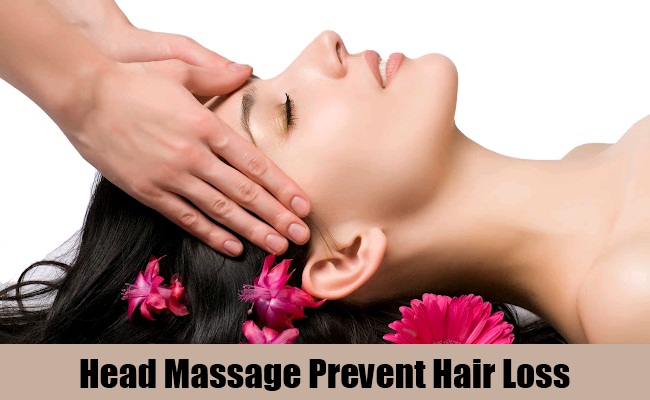
A final and often overlooked factor is the circulation of oxygen and nutrients to the hair. Even a perfectly balanced supplement would be ineffective without adequate blood flow to the hair. Hair loss may conceivably be caused or exacerbated by a deficient blood supply,. therefore it may be beneficial to increases circulation. This can be achieved through topical treatments that stimulate nitric oxide production or angiogenesis.
Let’s remember the fact that where there is healthy blood flow that part of our body thrives with wellness that is a fact, and hair is no exception.
The stimulatory effects of caffeine and taurine on nutrient uptake and metabolism may also be beneficial. An added consideration is the possible effect of caffeine upon dihydrotestosterone and hair loss. Caffeine has been shown by several studies to reduce hair loss caused by dihydrotestosterone, the in vivo studies were successful topically, but the effects of oral caffeine have not been tested at this time. Taurine has also been shown by in vitro testing to protect the hair from TGFβ-1 induced apoptosis.
Hair and scalp treatments that work
In spite of the paucity of clinical data in the area, it is possible through careful formulation to develop a potent, bioavailable, and balanced formula with combinations of ingredients that are likely to have good clinical outcomes. This is particularly true if supplements are used to support wider treatment regimes – even surgery.
Top 5 Essential Oils For Healthy Hair And Scalp
from: http://www.hairbuddha.net/essential-oils-for-healthy-hair/
Lavender Essential Oil
Lavender oil is very versatile and has a well-established tradition as a folk remedy. It helps balance natural scalp oils, which makes it valuable for all hair types. With its anti-inflammatory, antiseptic, and analgesic properties, lavender oil is a good treatment for a dry, flaky scalp. It soothes and nourishes the scalp, providing relief from inflammatory scalp conditions. Regular massage with lavender oil is said to reduce hair loss and make the hair soft and shiny.
Lavender oil has a mild sedative and antidepressant action which makes it useful to ease down nervous tension and stress-related conditions.
Scent: It has a sweet, floral scent and herbaceous-woody undertone.
Blends well with Most citrus and floral oils; also cedarwood, vetiver, and patchouli.
Vetiver (Khus) Essential Oil
Khus oil reminds me of summer months in India – mats made by khus roots are used in evaporative air coolers; they are also hung in a doorway or on the windows to keep the house cool. And it makes the whole house smell amazingly fresh.
Khus oil, derived from the roots of khus grass, is known as the oil of tranquility because of its ability to calm, cool, and soothe the mind and body. This cooling property makes it highly beneficial in hair loss (as in against hair loss) that occurs due to high body heat (pitta body constitution). It is also a useful remedy for acne and oily skin.
Deeply relaxing, this essential oil is an ideal addition in massage oil and bath.
Scent: It is a dark brown or amber color oil with an earthy-woody odor and a sweet persistent undertone.
Blends well with sandalwood, lavender, ylang-ylang, jasmine, and patchouli.
Rosemary Essential Oil
Rosemary oil is one of the premier hair growth-enhancing essential oils. It is packed with antioxidants which help scavenge free radicals – that are responsible for greying as well as hair thinning. This wonderful oil stimulates blood flow to the scalp and promotes strong and healthy hair growth. Rosemary oil is also effective for treating dandruff, itchiness, scalp irritation and oily skin.
Plus, this oil is said to improve memory and increase alertness (I just sniffed this oil).
Scent: It has a strong, minty-herbaceous scent and a woody undertone.
Blends well with: lavender, peppermint, basil, thyme, and cinnamon.
Chamomile (Roman/German) Essential Oil
A flower in the daisy family, chamomile is recognized as a healing skin treatment with anti-inflammatory, antiseptic, anti-itching and anti-allergenic qualities. It helps treat the dry scaly scalp, dandruff, eczema, and scalp acne. This wonderful oil adds beautiful golden highlights to blonde hair and a sheen to dark hair. It also conditions the hair and greatly improves its softness and luster.
Scent: It has a sweet, fruity-herbaceous scent.
Blends well with jasmine, rose, geranium and lavender.
Ylang Ylang Essential Oil
This fragrant oil is my personal favorite. Native to tropical Asia, it has been traditionally used to promote healthy hair growth as well as smooth skin. It balances oily scalp by helping to normalize sebum production. The natural antiseptic and tonic properties of this oil aid in healthy scalp maintenance. In addition, ylang-ylang oil stimulates blood flow to the scalp which nourishes hair follicles and encourages growth.
It is said to relax facial muscles, and a massage with ylang ylang helps to ease tension headaches. It is also useful in treating anxiety, anger, and insomnia.
Scent: It has an intensely sweet, soft, floral, and slightly spicy scent.
Blends well with: It’s a very intriguing perfume in its own right, it also blends well with rosewood, jasmine, rose, and vetiver.
Nutraluxe MD Nutrastim Pro Hair Laser Comb
NutraStim Professional Hair Growth Laser Comb is a handheld, cordless and easy to use Hair Laser Comb intended to promote hair growth. It features a sleek design with rechargeable batteries to give you the freedom of movement.
Theradome Hair Growth Helmet – Premium Technology That Grows New Hair and Prevents Further Loss
World’s Most Technologically Advanced Laser Hair Therapy Device for Home Use.
DermOrganic Argan Oil Leave-In Treatment
DermOrganic® Leave-In Treatment, based on Morrocan Argan Fruit Oil, has the unique quality of instant absorption into hair. It restores shine and softness while strengthening brittle hair. Replenishes nourishment to dry, damaged, colored hair. Protects hair from styling heat and UV damage.
Alòn Scalp Calming Formula
The Alón Scalp Calming Formula represents the latest science in fighting the main culprits of scalp aging – chronic inflammation and sun-induced genetic damage. Our serum is the culmination of 18 months of research and testing that uses targeted ingredients in a synergistic approach to address the underlying mechanism of scalp itchiness, redness, and to promote hair health.
